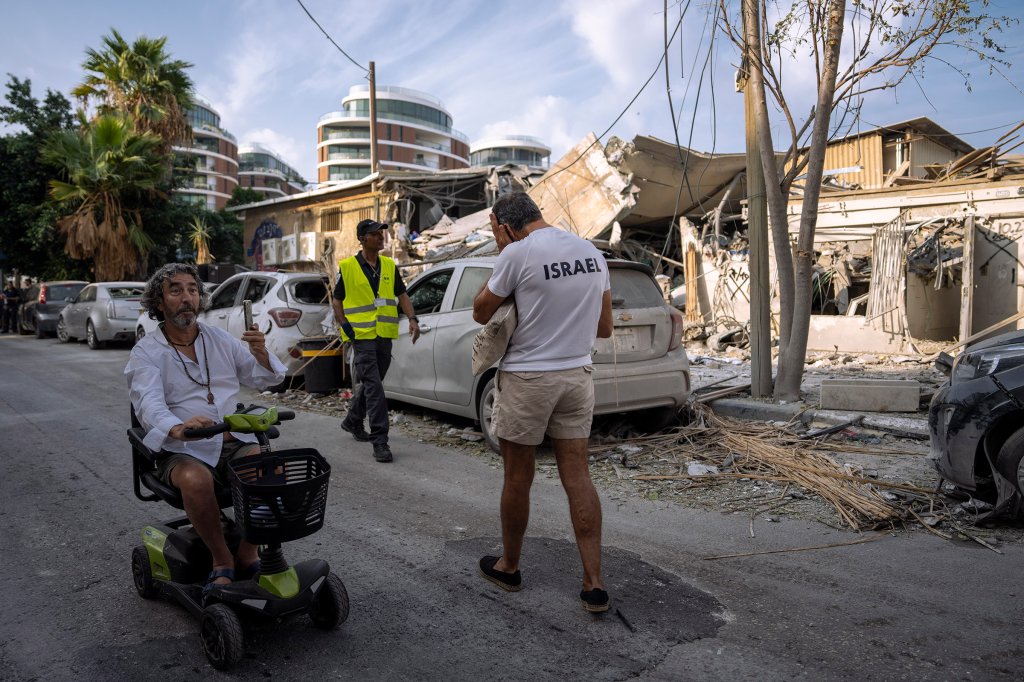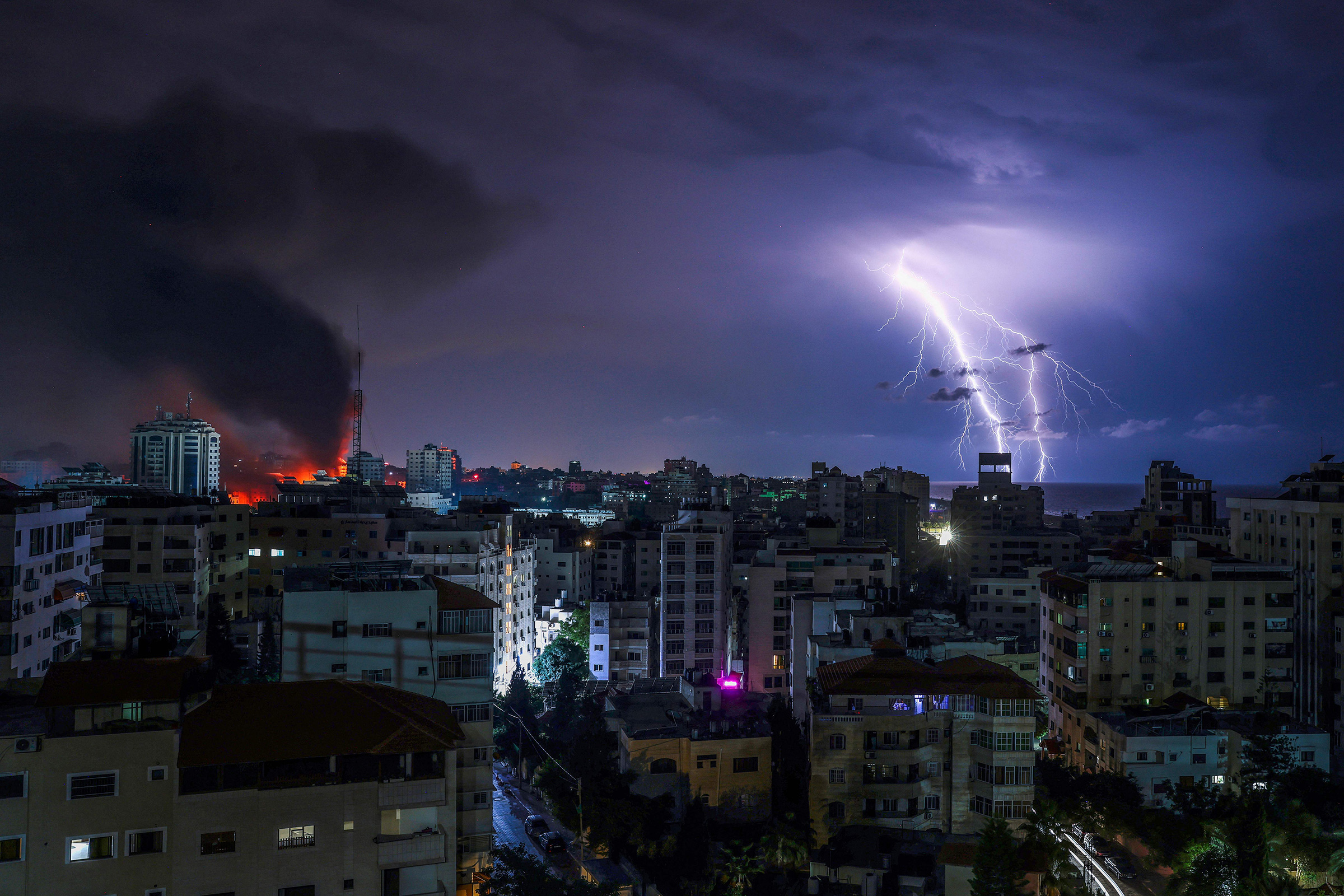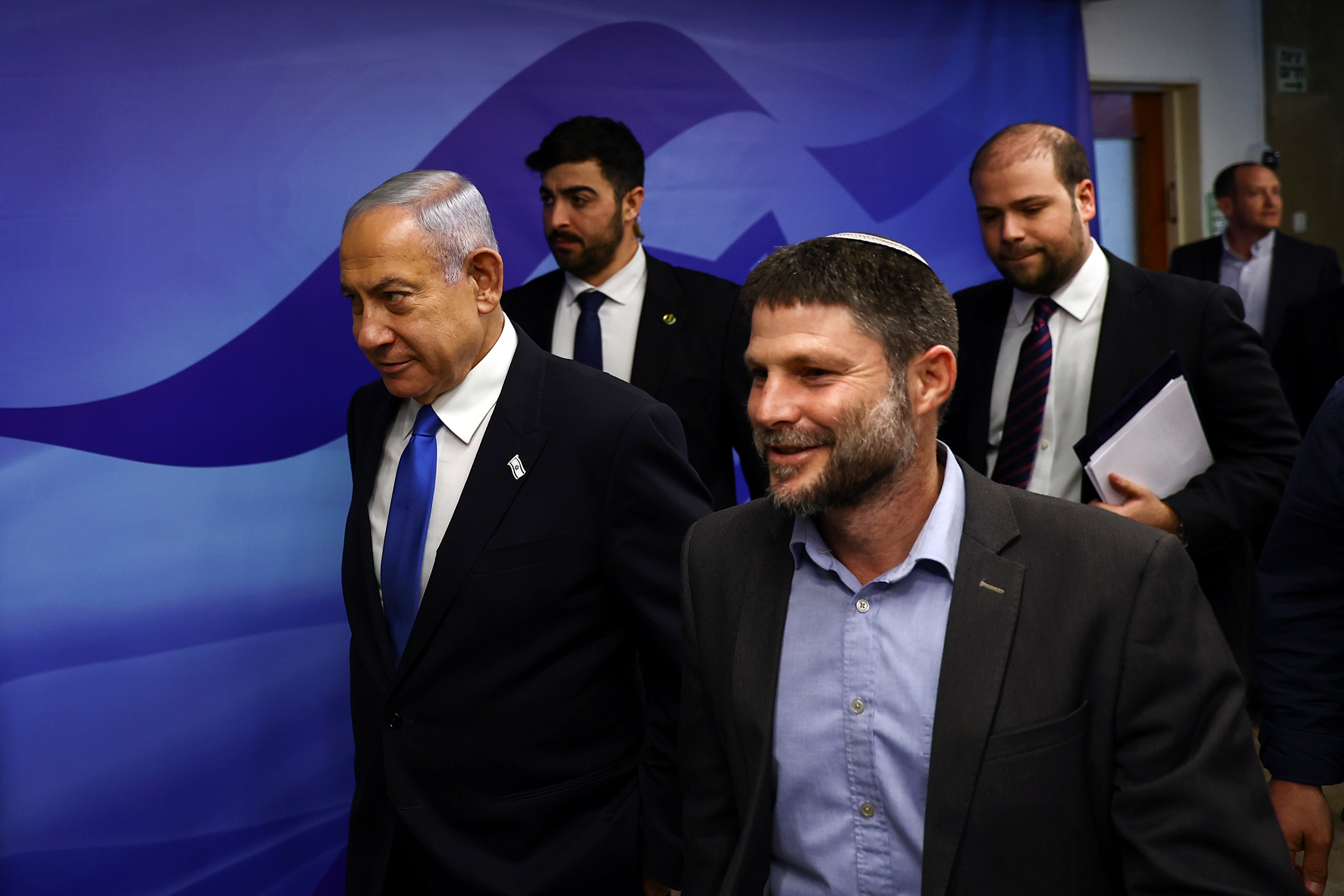Four days after the most catastrophic attack on Israel in its history, the scope of the fatalities and extent of the mental and physical damage have yet to become fully clear. But several things are already apparent. One is that the staggering human toll is almost surely going to rise significantly, as civilians on both sides bear the brunt. The second is that Israel was caught by surprise amid a major intelligence failure, despite all its sophisticated, high-tech resources and capabilities that make it the region’s dominant military power. The third (one that very few Israelis may want to hear at the moment, or even be able to absorb, as they keen for their dead and fear for their hostages) is that Israel's decision to divide and control millions of Palestinians, put them behind walls and fences, deprive them of their rights, and implement what leading human rights organizations have called apartheid is not a tenable approach for the long term security and stability of its Jewish citizens. The pressure cooker so many of us warned would explode has exploded.
Benjamin Netanyahu, the longest serving Israeli Prime Minister, has made sidelining and ignoring Palestinian demands for freedom and dignity his mantra and legacy. He has repeatedly formulated his policies around the idea that Israel can resolve the Arab-Israeli conflict and proceed to normalize relations with Arab countries without engaging with the Palestinians.
More From TIME
Netanyahu may have taken this approach further than any other Israeli leader but he is hardly an outlier. Just two years ago, for example, Naftali Bennett, who briefly served as Prime Minister leading a broad coalition government after Netanyahu was ousted amid a graft probe, stood at the United Nations General Assembly and announced that Israelis don’t wake up in the morning thinking about the “conflict”—not mentioning the Palestinians once. And it was current opposition leader Yair Lapid, while serving as Foreign Minister in that same government, who epitomized Israel’s failing policies by releasing a plan for Gaza based on providing basic economic and humanitarian gestures (such as rebuilding housing and transport infrastructure) in exchange for quiet.


For years now, as the peace process has been moribund and the Palestinian political leadership fragmented between factions and geographical areas and is in shambles, Israel has continued to proceed apace with expanding and entrenching its hold over them. Instead of investing in a strategic vision for solving its conflict with the Palestinians, Israel has invested its strategic energy into consolidating more military might and control.
Over the last 20 years, and more rapidly the last 10 months under the most far-right government in Israeli history, Israel has provoked instability at the Al Aqsa Mosque in Jerusalem, detained more and more Palestinians without charge, allowed soldiers and settlers to shoot and rampage through Palestinian areas in the West Bank with impunity, and waged several devastating and ineffective military assaults in Gaza—all without any enduring international consequences. Instead it has gained diplomatic traction, signing normalization deals with four Arab countries, and was most recently admitted into the coveted U.S. visa waiver program.
Even before Hamas’s surprise attack, 2023 was already the deadliest year for both Israelis and Palestinians in over 20 years. It has also been a record-breaking year for approval of settlements and incidents of settler violence against Palestinians in the West Bank.
Read More: A Palestinian Story from Behind the Wall
Israel does not face any good or easy options right now. Exerting its military might in Gaza is not expected to bring a different outcome than every other time it has done so in the last two decades. Some Israelis, shaken by trauma and helplessness, have called on their government to recognize the common humanity of those on the other side of Gaza’s security walls. As one mother whose children were taken to Gaza said on live TV, pleading with Israeli and Palestinian leaders to leave the children out of this game, Israel’s military operations are only endangering their lives further.

If there is any hope at this awful moment, it is that the carnage and despair will at some point prompt all of the parties—both Israel and its Western backers, as well as Hamas (a group the U.S. classifies as a terror organization that also operates as a political party)—to get serious about resolving this decades-old conflict. That would take mutual concessions that no one is prepared to consider right now. The great fear is that these concessions will only happen at a point when the horrors of war grow even further and the limited effectiveness of constant force becomes more apparent. For all of our sakes, I hope we come to our senses sooner.
More Must-Reads From TIME
- The 100 Most Influential People of 2024
- Coco Gauff Is Playing for Herself Now
- Scenes From Pro-Palestinian Encampments Across U.S. Universities
- 6 Compliments That Land Every Time
- If You're Dating Right Now , You're Brave: Column
- The AI That Could Heal a Divided Internet
- Fallout Is a Brilliant Model for the Future of Video Game Adaptations
- Want Weekly Recs on What to Watch, Read, and More? Sign Up for Worth Your Time
Contact us at letters@time.com
